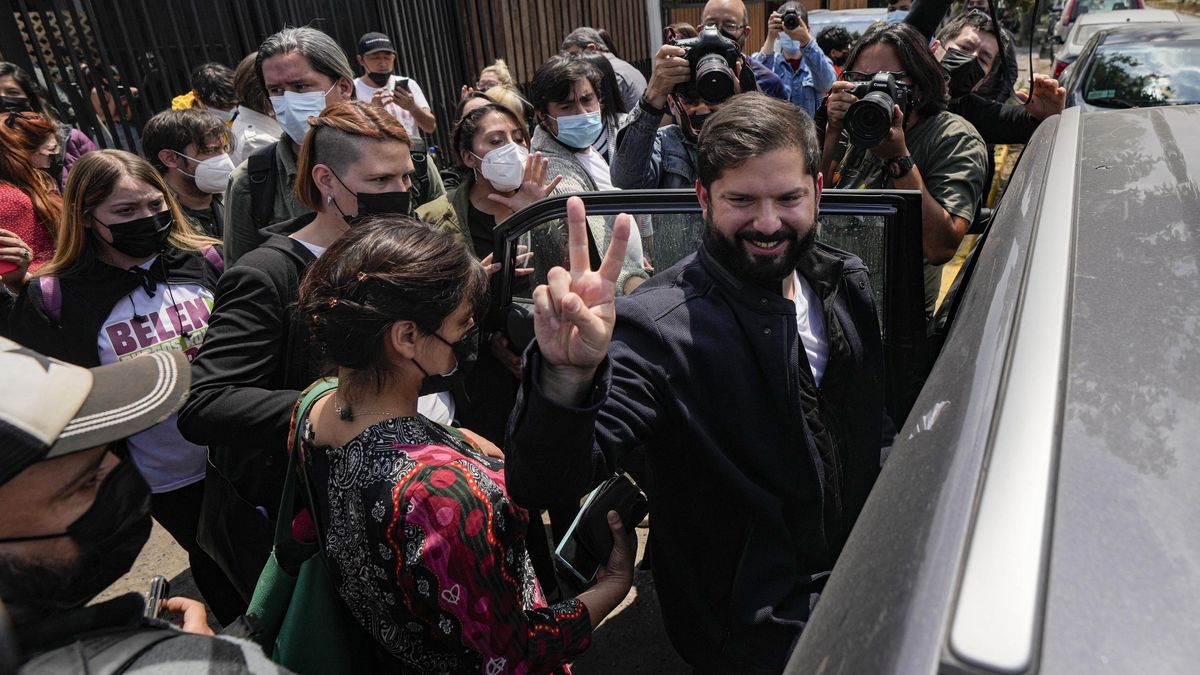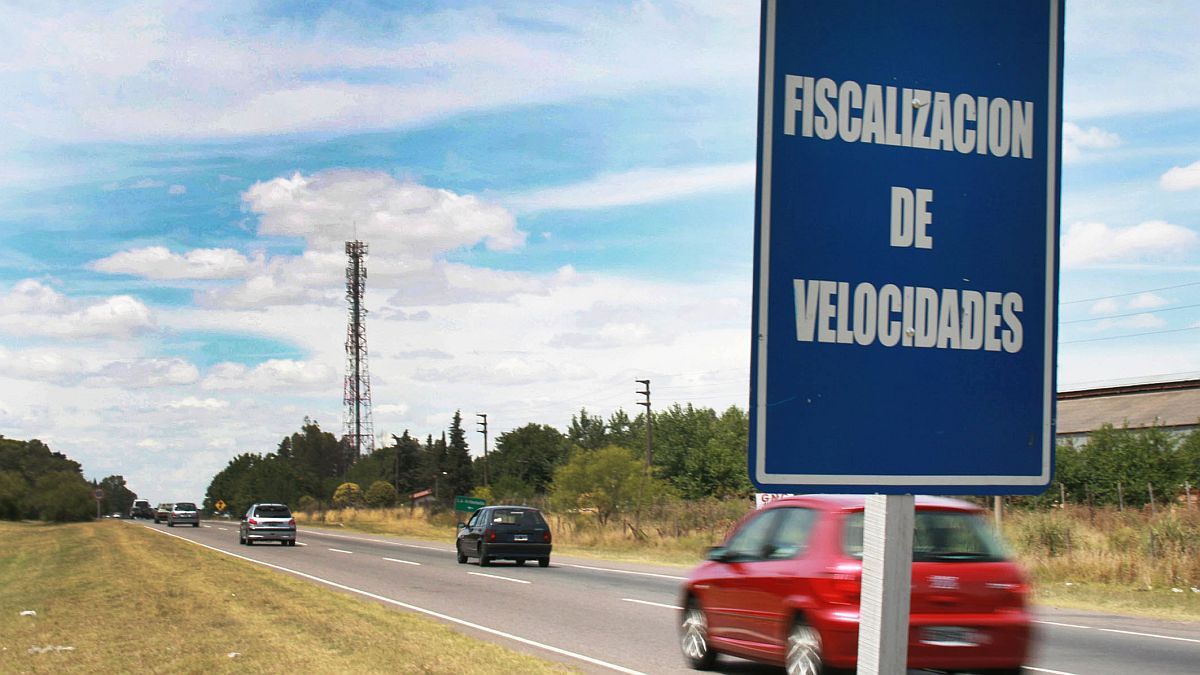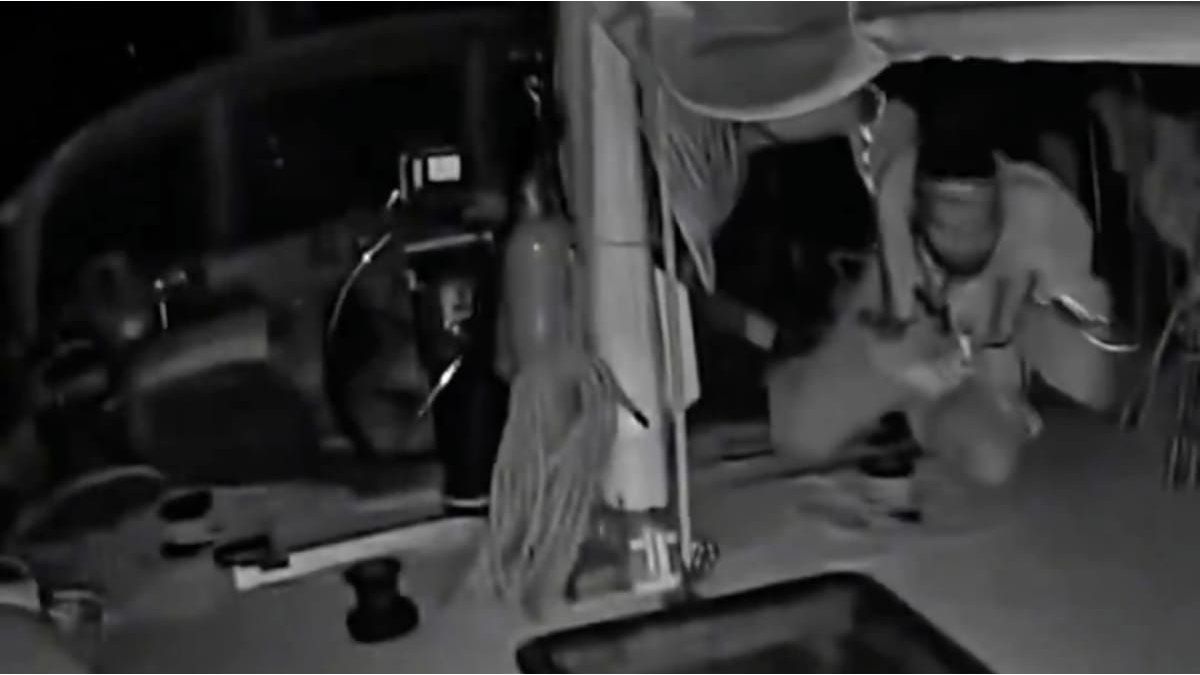Unlike your neighbor Peru, where the socialist Pedro Castillo shook the campaign with threats to get a bigger cut from mining, Chilean applicants have left the sector in the background, concentrating the debate on issues such as pensions and security.
But Chile, the world’s largest copper producer and second largest in lithium it is still waiting for the discussion on the royalty adjustment and the glacier protection law, which seem to have been frozen in the middle of the contest, to be settled.
“There are candidacies that are at opposite extremes and there is talk of a polarization as a factor that can make any next government complex,” said Alejandra Wood, executive director of the Center for Copper Studies (CESCO). “The presidential campaign adds uncertainty“he added.
Opinion polls favor the ultraconservative Jose Antonio Kast and the leftist Gabriel Boric, followed by the Christian Democrat Yasna Provoste and the ruling party Sebastián Sichel, representatives of the traditional coalitions that have governed the country since the return to democracy.
The unclear outlook comes in a year in which the price of copper has set record highs, while demand is expected to rise, as well as lithium, to meet an expected boom in electric cars.
For the analyst of the international consultancy CRU Francisco Acuña said that in the campaign there has been a general consensus for a focus on the mining towards sustainability and reducing emissions but there is little clarity on specific measures to achieve this. This considering that the mining companies are already advancing in plans in this regard.
“That is a natural transition that is being seen in the industry beyond what a new government can bring,” he said.
He pointed out that the more left-wing candidates such as Boric and Provoste have mentioned establishing mining royalties but without specifying what the formula and application would be like, while Kast has also not been clear on how he would seek to change the mining property law to make the development of the sector more dynamic. .
“The risk is the uncertainty because there is not a clear line yet of what that change would be like,” he said.
Regarding the idea raised by a Kast mining advisor to open the property of the giant Codelco, those consulted considered that it has little chance of success since the issue of state exclusivity has been debated and settled previously in Chile.
The president of the National Mining Society (Sonami) -which groups the sector-, Diego Hernández, told Reuters that regardless of the electoral result the next government will need more investment in mining, with which you will have to sit down and discuss under what conditions.
The executive pointed out that the plans of Kast, Provoste and Sichel, although with different nuances, recognize the importance of mining in the future, while Boric’s program is more “confusing” especially when speaking of a more productive role for the State, which would imply a large volume of public investment.
“With all the needs that the country has, we know that this (of large state investments) is not available. Deep down there is a lack of maturity or reality,” he said.
Hernández considered that there is a risk that legal uncertainty will not dissipate in the short term, which could lead to a “period of investment drought” that would delay the availability of new copper and lithium to meet the expected increase in demand.
The government has projected mining investments of about $ 70 billion through the end of the decade, with less than a third from state-owned firms.
Acuña from CRU said that the speed with which the unknowns dissipate will be crucial for the future development of the industry, which plans its projects in the long term.
If neither candidate obtains a simple majority in the first round of November 21, the two most voted must be measured in a ballot on December 19.
“I think the industry is waiting for signals of greater certainty and stability to make investment decisions, even considering the price and its good projection,” said Wood.
Source From: Ambito
David William is a talented author who has made a name for himself in the world of writing. He is a professional author who writes on a wide range of topics, from general interest to opinion news. David is currently working as a writer at 24 hours worlds where he brings his unique perspective and in-depth research to his articles, making them both informative and engaging.




